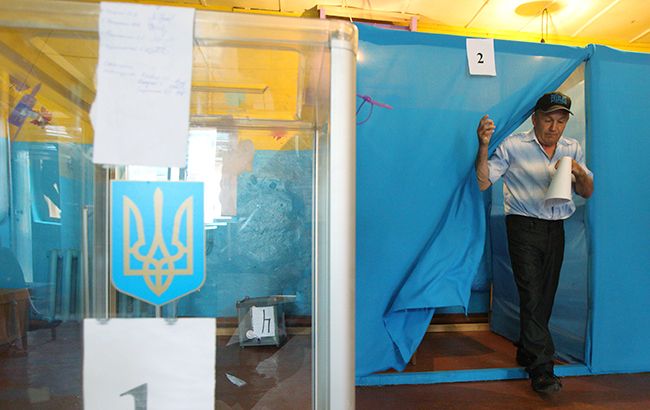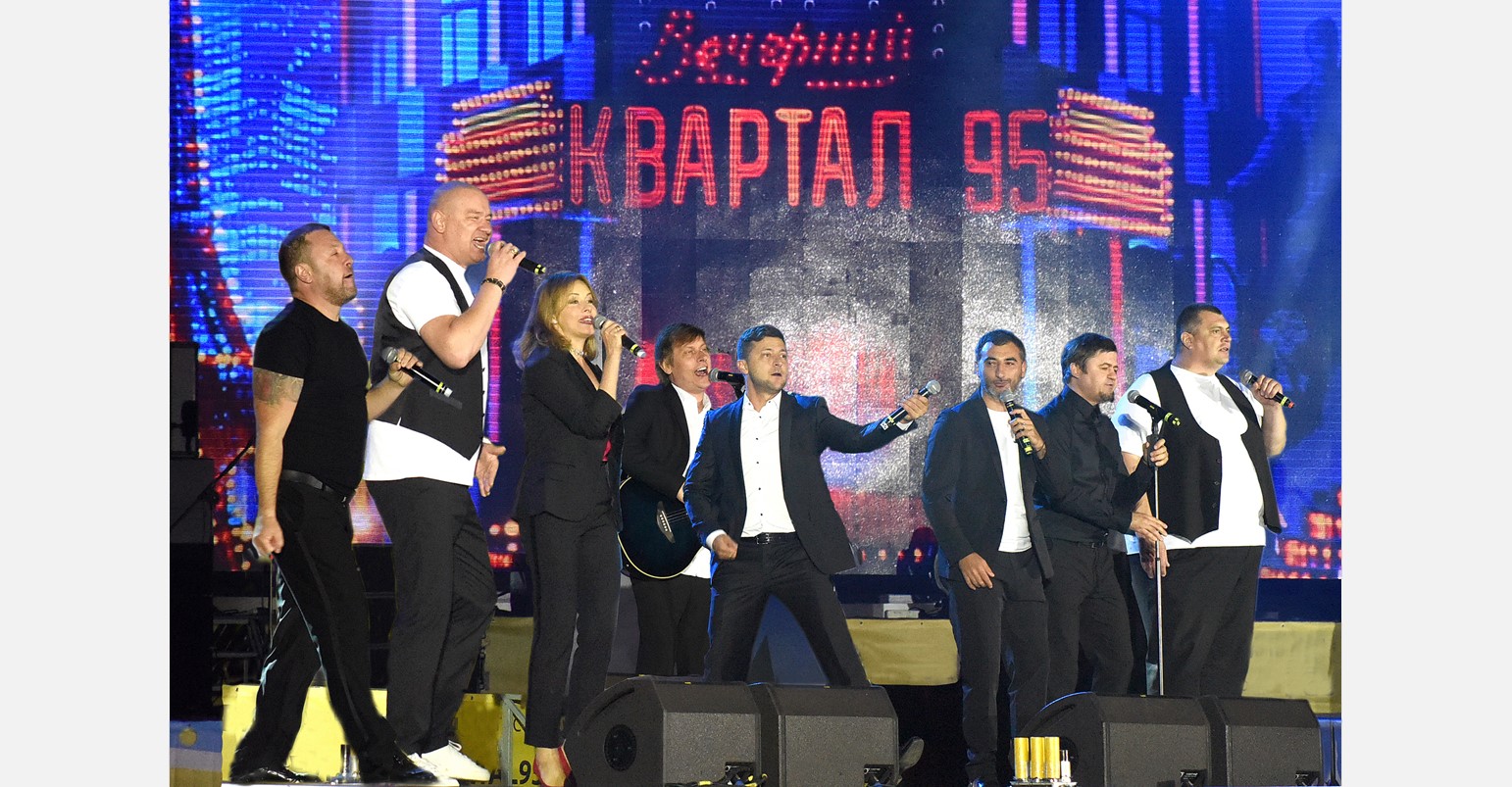The language of hatred that has infected both sides in the just-completed presidential race in Ukraine, just like it did in Britain over Brexit and in the US election of Donald Trump over Hillary Clinton has far more serious consequences because it represents not traditional populism but rather a new digital variety, Lyubko Deresh says.
“Traditional populism,” the Ukrainian writer says, “can be defined as the desire to please the simplest demands of the people by operating on their emotions: fear, hope and dissatisfaction. Digital populism virtually realized this program through the Internet and in the first instance social networks.”
The digital kind is more powerful and can unleash in society an emotional reaction with destructive consequences. That is what has happened in many countries and appears to have happened during the presidential campaign in Ukraine, Deresh warns. Ukrainians must understand what has happened and fight against it.
Once society is destroyed in this way, it is at risk of extreme fragmentation because “communication becomes impossible.”
“The language of hatred,” Deresh continues, “is one of the powerful catalyzers which acts to destroy communication in society.” But it does more than that, it puts the common culture at risk of being destroyed as well. And that is the risk that Ukraine along with other countries which have become victims of digital populism now faces.
One of the signs of this development is that “the voice of wisdom is assessed as weaker” than those of people employing the language of hatred, and that makes it difficult, if not impossible, to hold things together and reach agreements all can support.
Communication in the public space dies, and with it culture and the public space as such.
What can be done? Individuals can fight this by behaving well themselves towards those near them. That won’t solve everything but it is a good place to begin, the Ukrainian writer says, because as Bertrand Russell once observed “a gentleman is someone in the presence of whom you begin to feel yourself to be a gentleman as well.”
Ukrainians are wounded but “we are not hopeless,” Deresh says. We must concern ourselves with overcoming the damage that has been done. Perhaps the best way is if we behave as ladies and gentlemen, that will “allow others to feel themselves when they are in our company as ladies and gentlemen as well.”
Read More:
- Fifty shades of Ukrainian populism: Tymoshenko, Zelenskyy, and the Chiaroscuro principle
- Corruption and the triumph of populism
- Ukraine votes in second round of presidential elections: live blog
- Meet team Zelenskyy: who are the allies of comedian striving to become Ukrainian president
- Five years of Poroshenko’s presidency: main achievements and failures
- Sociology of Ukrainian elections: who votes for Zelenskyy/Poroshenko and why








